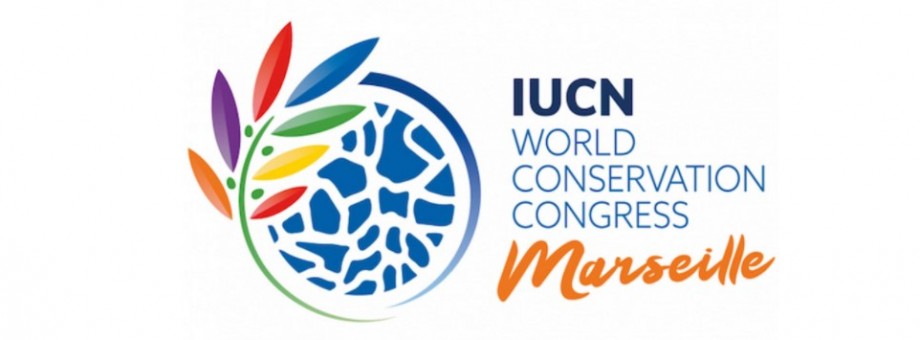PROTECTED NATURE

The next World Congress of the International Union for Conservation of Nature (IUCN / IUCN) was held from 3 to 11 September in Marseille. The Congress was attended by scientists, representatives of civil society, politicians and heads of various corporations and international conventions, including the Ramsar - on wetlands. In this regard, we asked a member of the Coordination Committee of the Ramsar Regional Initiative for Central Asia, Professor E.A. Rustamov. share your thoughts:
- Turkmenistan is not only a party to the Ramsar Convention, but also a full member of the IUCN. I had to take part in the congresses twice (in 1978 and 2004), and this time, for obvious reasons, online. The IUCN Congresses are the largest wildlife conservation events that host the IUCN General Assemblies.
The International Union for Conservation of Nature was created in 1948 and now has 1400 members - governmental and non-governmental organizations from more than a hundred states, including Turkmenistan. Let me remind you that Turkmenistan, represented by the Nature Conservation Society, was accepted as a full member of IUCN back in 1978 during the XIV General Assembly of IUCN held in Ashgabat, on the basis of the Turkmen Agricultural University. In 2018, IUCN organized and held a regional international conference in Ashgabat, dedicated to the 40th anniversary of the adoption of the Turkmen Society for Nature Conservation in the IUCN and the 100th anniversary of its founder, Turkmen academician A.K. Rustamov.
The Congress of Marseilles has adopted over 100 resolutions and recommendations. The hard work culminated in the presentation of the main document: the Action Plan for the coming years under the general title "Nature 2030". This plan provides, in particular, to ensure the protection of the so-called. ecozones on 30% of the earth's surface and the restoration of 20% of ecosystems in particular distress, which has a very detrimental effect on their biodiversity. After all, the biodiversity crisis is as deep as the climate crisis. But wildlife is our ally in the fight against climate warming. It is no coincidence that at the opening of the Congress, the President of France called on the world to more effectively protect biodiversity as a key factor in the fight against climate change. The IUCN has called for the immediate protection of these eco-zones by each country, especially in forests that absorb CO2, as well as wetlands and mangroves and tugai forests, which can better manage floods.
Ecosystems under the pressure of anthropogenic factors exist in our country as well, which, in turn, is associated with the process of desertification and even greater aridization of the climate. Nevertheless, the greening program of Turkmenistan, carried out under the control of President of Turkmenistan Gurbanguly Berdimuhamedov, is bearing fruit. Suffice it to say that in recent years, millions of seedlings have been planted in our country, moreover, this year a national Forest Program has been adopted.
The IUCN Congress, in anticipation of the UN Climate Change Conference (COP-26), which will be held in late October in Glasgow, Scotland, and the Conference on Biodiversity (COP-15), scheduled for November in Kunming, China, called on states to to revitalize the economy after the pandemic, take a green approach and, in particular, countries and corporations provide funding to environmentally friendly areas and projects.
The planned conferences will be two important events in the field of environmental protection and environmental management of the entire process, especially on the protection of biodiversity. Indeed, back in 2019, the report of the Intergovernmental Platform on Biodiversity indicated the risk of extinction in the near future for a million species of flora and fauna, since “the rate of extinction of species, as stated in the report, is tens, and maybe hundreds of times higher than over the past ten million years. " However, currently only 0.2% of world GDP is devoted to the conservation of natural ecosystems.
Congress also called for even greater control over the international trade in wild animals. Special commissions of IUCN regularly review the international IUCN Red List, in which plant and animal species are divided into seven categories, depending on the degree of risk. It lists 138,374 species, of which 38,543 are endangered. Turkmenistan also maintains its own Red Book: in 1985 the first edition was published, in 1999 and 2011, respectively, the second and third, and now our national experts are working on the fourth edition of this important document.
Vladimir Komarov


 NEWS
NEWS